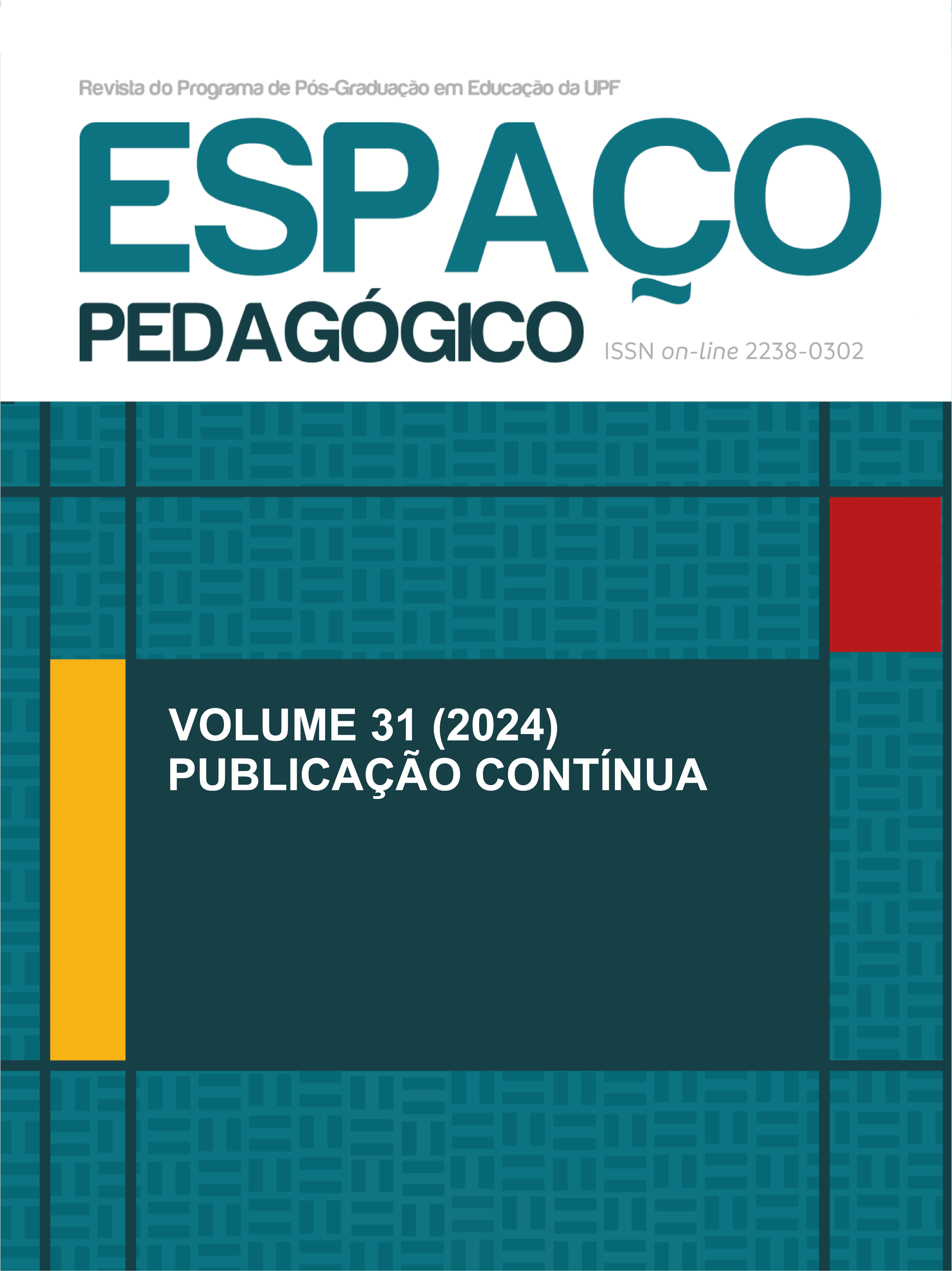The construction of decolonial education in Mozambique in the light of the pedagogies of liberation by Paulo Freire and Amílcar Cabral
DOI:
https://doi.org/10.5335/rep.v31.16337Keywords:
Legislação Educacional, Pedagogia da Libertação, Subjetividade, Diversidade CulturalAbstract
The concern of this article is centered on analyzing the postcolonial educational legislation in Mozambique, focusing on the contribution of these laws to the formation of a creative subject with critical awareness, in the light of the perspectives of Paulo Freire and Amílcar Cabral. The research, of a bibliographic and documentary nature, explores how colonization impacted education in the country and the contributions of these thinkers in the deconstruction of a colonizing mentality. From the analysis it was evident that Law 4/83 prioritized the formation of a "new man", that is, a subject aligned with the ideals of the socialist regime, while Law 6/92 introduced a neoliberal model that disregarded the cultural and social specificities of the country by prioritizing an education focused on the labor market and global competitiveness. Law 18/2018, despite promoting bilingual education, still lacks a deeper approach that forms critical subjects, valuing the cultural and identity specificities of Mozambique. It is concluded that it is essential to adopt a decolonial education, which values local cultures, promotes the liberation of subjects and the integral formation of individuals aware of their identity and their transformative role in Mozambican society.
Downloads
Downloads
Published
Issue
Section
License

This work is licensed under a Creative Commons Attribution 4.0 International License.



